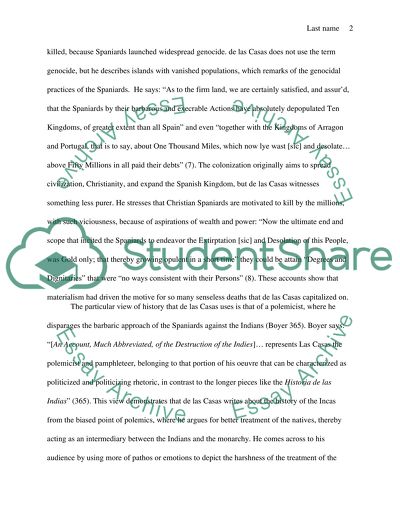Cite this document
(“International Relation 2 Essay Example | Topics and Well Written Essays - 1500 words”, n.d.)
Retrieved from https://studentshare.org/environmental-studies/1424465-international-relation
Retrieved from https://studentshare.org/environmental-studies/1424465-international-relation
(International Relation 2 Essay Example | Topics and Well Written Essays - 1500 Words)
https://studentshare.org/environmental-studies/1424465-international-relation.
https://studentshare.org/environmental-studies/1424465-international-relation.
“International Relation 2 Essay Example | Topics and Well Written Essays - 1500 Words”, n.d. https://studentshare.org/environmental-studies/1424465-international-relation.


